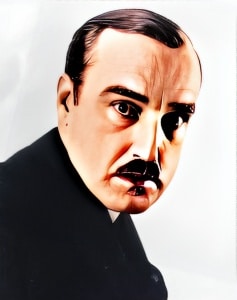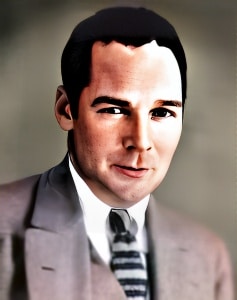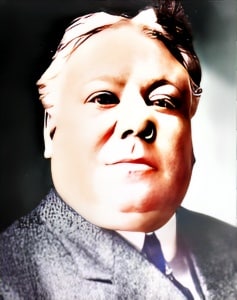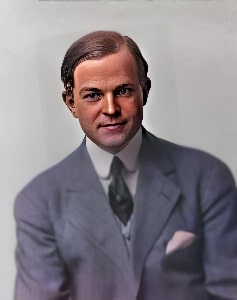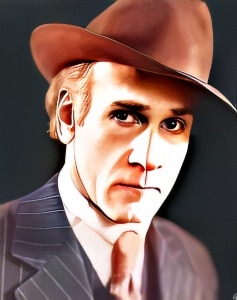 Charles Brinley (1880-1946) was an American stage and film actor who made significant contributions to the entertainment industry during the early 20th century.
Charles Brinley (1880-1946) was an American stage and film actor who made significant contributions to the entertainment industry during the early 20th century.
His career spanned both the silent film and sound film eras, and he is remembered for his work on stage and screen.
Born on November 23, 1880, in Norristown, Pennsylvania, Brinley began his career in the theater. His early experiences in the world of live theater helped him develop his acting skills and stage presence, which would serve him well in both stage and film roles.
Brinley’s work in silent films allowed him to transition from the stage to the emerging medium of cinema. During the silent film era, he appeared in a variety of roles, both as a leading man and in supporting roles. His versatility as an actor made him a sought-after talent in the early days of Hollywood.
One of his notable early film appearances was in “The Turn in the Road” (1919), a silent drama directed by King Vidor. This film, which explores themes of redemption and self-discovery, showcased Brinley’s acting abilities and his ability to convey complex emotions on screen.
During the transition to sound films in the late 1920s, Brinley continued his work in the film industry. His ability to adapt to the new medium allowed him to maintain his presence in the entertainment business.
One of his significant sound film appearances was in “Hell’s House” (1932), a drama directed by Howard Higgin. The film addresses issues of juvenile justice and showcases Brinley in a supporting role. His performance was in line with the social dramas of the era, which aimed to shed light on relevant societal issues.
Charles Brinley’s career also included work on Broadway, and he appeared in several stage productions. His stage work allowed him to further hone his acting skills and contribute to the world of live theater.
While he may not be as well-remembered as some of his contemporaries, Charles Brinley’s work in the silent and sound film eras contributed to the growth and development of the American film industry. His versatility as an actor and ability to transition between stage and screen roles demonstrated his dedication to his craft.
The transition from silent films to sound films presented challenges for many actors, but Brinley’s ability to adapt and continue working in the industry speaks to his commitment and talent as a performer.
Charles Brinley’s career is a reminder of the many talented individuals who contributed to the early days of Hollywood and helped shape the film industry during its formative years. His performances in both silent and sound films, as well as his work on the stage, remain part of the rich history of American cinema and live theater.
He passed away on October 13, 1946, leaving behind a legacy of work in both silent and sound films, as well as the stage, that continues to be appreciated and remembered by film and theater enthusiasts.
Loading live eBay listings...

